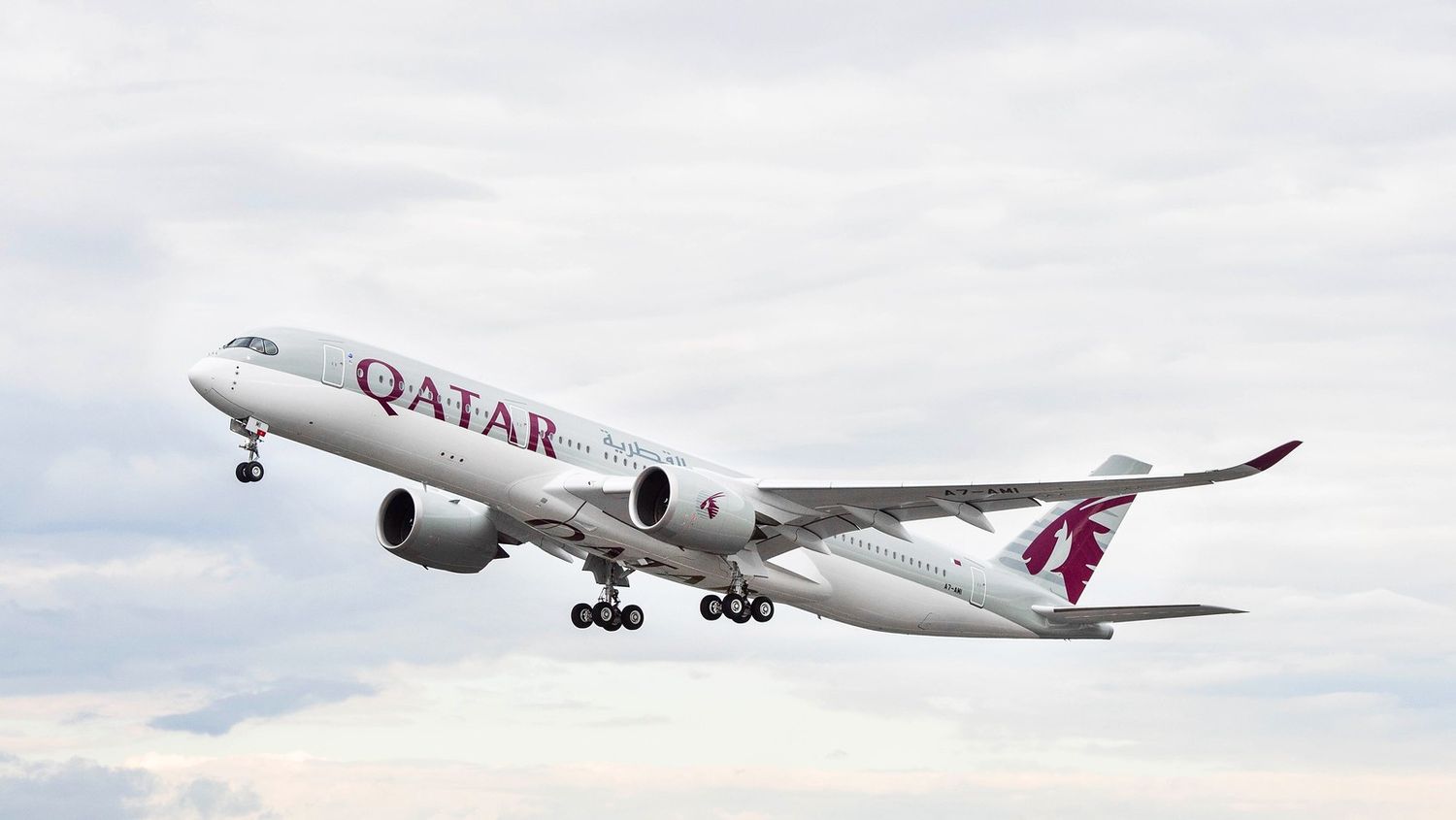Qatar Airways signs agreement with Shell for SAF supply in Amsterdam
Qatar Airways has signed an agreement with Shell for the supply of three thousand metric tons of sustainable aviation fuel (SAF) at Amsterdam Airport Schiphol (AMS).
See also: Commercial Testing of Sustainable Aviation Fuel: MOL, Neste, and Wizz Air Leading the Way
Shell to supply SAF to Qatar Airways for flights from Amsterdam
According to a press release from the Doha-based carrier, this type of fuel will represent «at least 5%» of all the fuel used on its flights from the capital city of the Netherlands during the fiscal year 2023-2024.
Qatar Airways states that this will allow them to reduce emissions from their flights from Amsterdam by approximately 7.500 tons of carbon dioxide during that period.
«At Qatar Airways, we are strongly committed to supporting the industry’s effort to ramp-up the use of sustainable aviation fuel, as one of the key pillars to decarbonise the aviation industry», said Akbar Al Baker, the company’s CEO.
«We remain steadfast in our ambitious target of using 10% sustainable fuel by 2030», Al Baker added. He also stated that the announcement establishes «another landmark for Qatar Airways» and demonstrates «the positive outcome of the industry’s collaboration which is critical to accelerating the SAF supply».
«Sustainable aviation fuel is a key lever for decarbonising aviation, but scaling its supply and use requires concerted action from across the aviation sector», said Jan Toschka, President of Shell Aviation. «Today’s agreement is a great example of the collaborative actions that are required to help accelerate aviation’s progress towards net zero», he concluded.
See also: Revolutionizing Aviation in Colombia: LATAM Airlines and Bio-D Partner to Produce Sustainable Fuel
The potential of sustainable fuel
Currently, sustainable aviation fuels are three to five times more expensive than traditional fuel, while their production and distribution are still in the early stages. However, they are one of the most accessible alternatives in the short term to reduce greenhouse gas emissions from aviation.
Many of these fuels can operate in current aircraft engines and do not require significant changes to ground infrastructure. Additionally, they can be blended with fossil-based fuel.
In this regard, one of the industry’s main objectives is to increase the percentage of sustainable fuel used. Over time, production growth should reduce costs, which is crucial for implementation on a larger scale.


Comentarios
Para comentar, debés estar registrado
Por favor, iniciá sesión